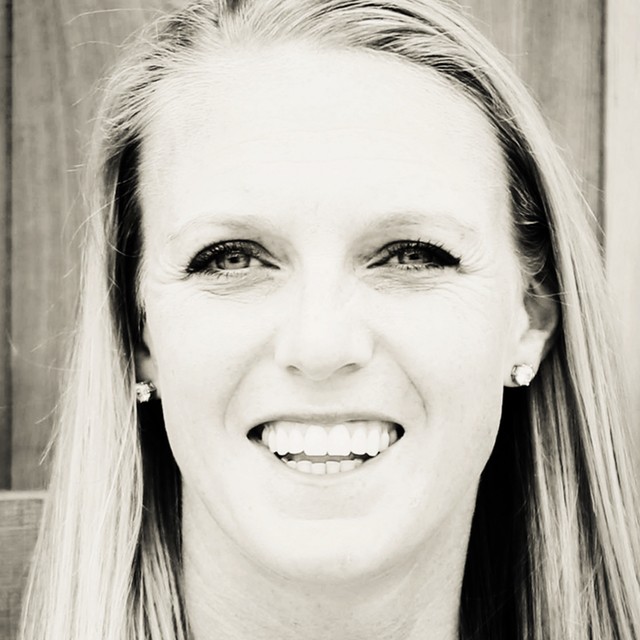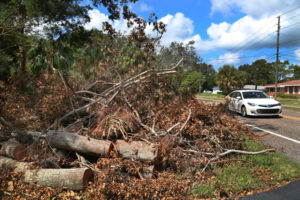
Heels Down Magazine presents the Heels Down Happy Hour podcast. There’s a whole lot of stuff happening in the horse world, and someone’s got to keep you up to date. Who’s winning what? What weird rules are you probably going to violate at your next horse show? What does your favorite rider really think about white breeches? Don’t worry, that’s what we’re here for. Grab a drink. Welcome to Happy Hour.
For more about the podcast, visit HeelsDownMag.com/podcast
Tune in for new episodes the 2nd and last Friday of each month on the Horse Radio Network. Download new episodes on iTunes, Google Play, and Stitcher.
More about our hosts:
 Jessica Payne is a 32-year-old international event rider who is rarely seen without her long-haired chihuahua under her arm. She was born in London, Ontario but grew up in Franklin, Tenn. and graduated from Auburn University with a degree in Animal Science. She once lost the tip of her pinky finger clipping her 4* horse, and husband Doug says she can “talk to anyone including a wall….and they will like it!”
Jessica Payne is a 32-year-old international event rider who is rarely seen without her long-haired chihuahua under her arm. She was born in London, Ontario but grew up in Franklin, Tenn. and graduated from Auburn University with a degree in Animal Science. She once lost the tip of her pinky finger clipping her 4* horse, and husband Doug says she can “talk to anyone including a wall….and they will like it!”
 Caroline Culbertson is a 27-year-old equestrian journalist who broke her foot “surfing” a mattress down the stairs at age 7. Yes, her parents told her not to. She grew up in the south y’all and graduated from Duke University in North Carolina. She also picked up powerlifting a few months after breaking both bones in her arm, so her judgement is questionable. Hence, she’s an event rider.
Caroline Culbertson is a 27-year-old equestrian journalist who broke her foot “surfing” a mattress down the stairs at age 7. Yes, her parents told her not to. She grew up in the south y’all and graduated from Duke University in North Carolina. She also picked up powerlifting a few months after breaking both bones in her arm, so her judgement is questionable. Hence, she’s an event rider.
 Justine Griffin is an award winning 29-year-old journalist who has written about everything from horses to high profile CEOs to her ovaries. (She donated her eggs once.) Two things she loves the most? Whippet puppies and cheese. Justine is a firm believer in unicorns and feminism. So take everything she says with a grain of salt.
Justine Griffin is an award winning 29-year-old journalist who has written about everything from horses to high profile CEOs to her ovaries. (She donated her eggs once.) Two things she loves the most? Whippet puppies and cheese. Justine is a firm believer in unicorns and feminism. So take everything she says with a grain of salt.
![Christopher Wittmann, a physician assistant, examines a patient for lower back pain at Trinity Pain Center in Pasco County. Outpatient health care visits like this are covered under Medicare Part B, which will see premium increases of more than 5 percent on average in 2018. Medicare open enrollment begins Sunday and runs through Dec. 7, with a special extension to Dec. 31 for people affected by the recent hurricanes. [Times | 2014]](http://www.tampabay.com/storyimage/HI/20171013/ARTICLE/310139119/AR/0/AR-310139119.jpg?MaxW=950)

